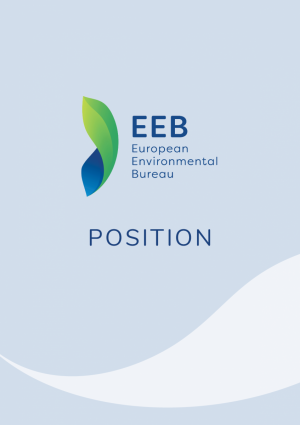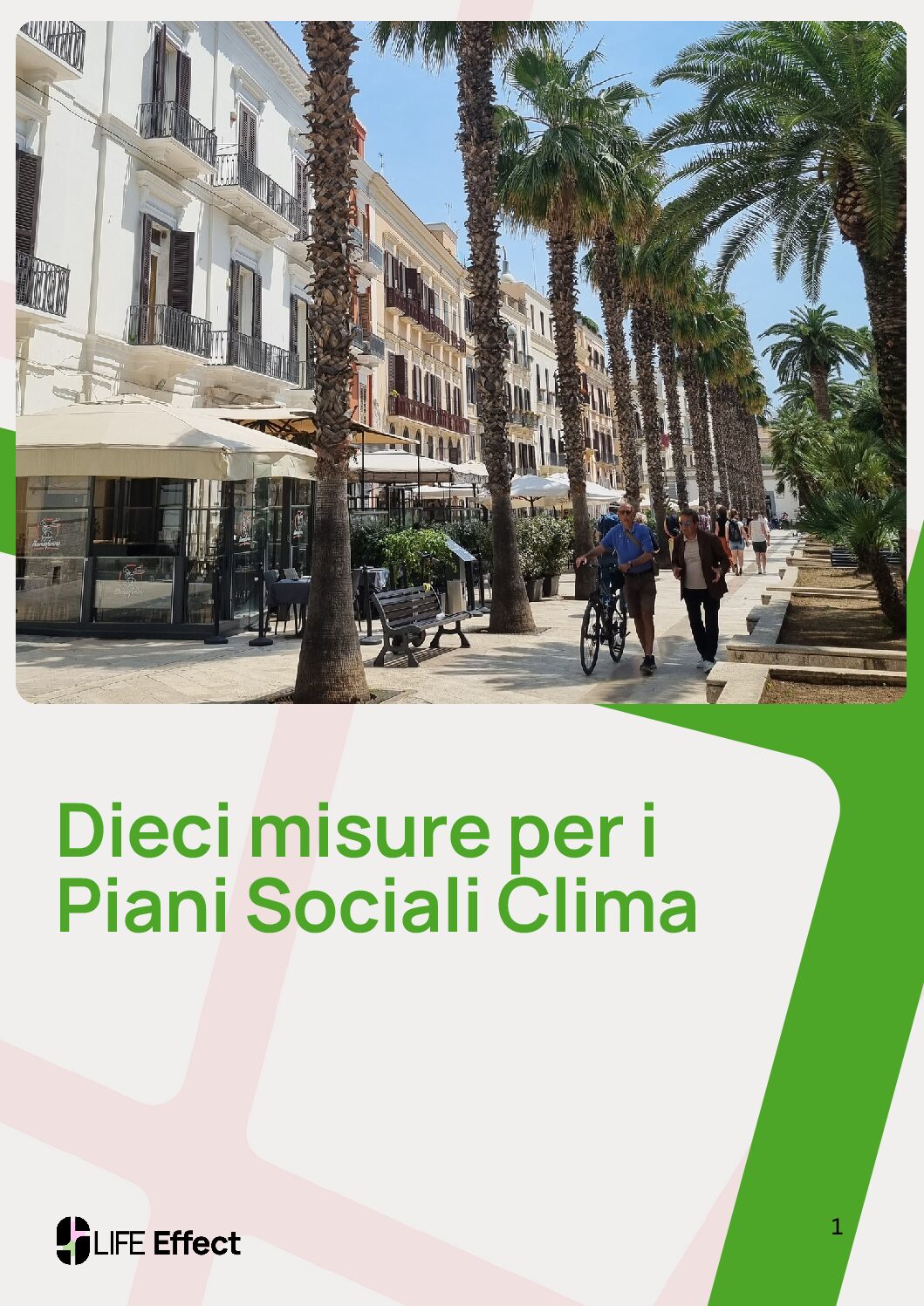
Making sustainable products the norm
The European Commission is preparing to table new laws aimed at “making sustainable products norm”, with the goal of fostering responsible supply chains and pushing back against greenwashing. Known as the Sustainable Products Initiative, this new policy framework was first promised in the EU’s Circular Economy Action Plan last year and is expected to be announced by the end of 2021.
From repairable smartphones and durable clothes to a ban on the destruction of unsold goods and laws against greenwashing, the new rules have the potential to set the path for Europe’s transition to a less wasteful and more circular economy.
For this reason, in this position paper the EEB is making the case for the development of ambitious rules to protect both consumers and the planet.
To complement its vision for the EU’s Sustainable Products Initiative, the EEB has also carried out in-depth analysis on:
- The integration of social and environmental due diligence criteria
- The substitution of hazardous substances in everyday products
The truth about the things we buy
Amongst the top priorities in the Sustainable Products Initiative is the development of a centralized, EU-wide database collecting information about the level of sustainability of each product placed on the market. Developing a product passport – a kind of database providing access to relevant product information – could help people choose the best products in terms of repairability, durability, resource use, carbon footprint, chemical content and due diligence.
See also our policy briefing on the potential of sustainable procurement and how to unleash it.






